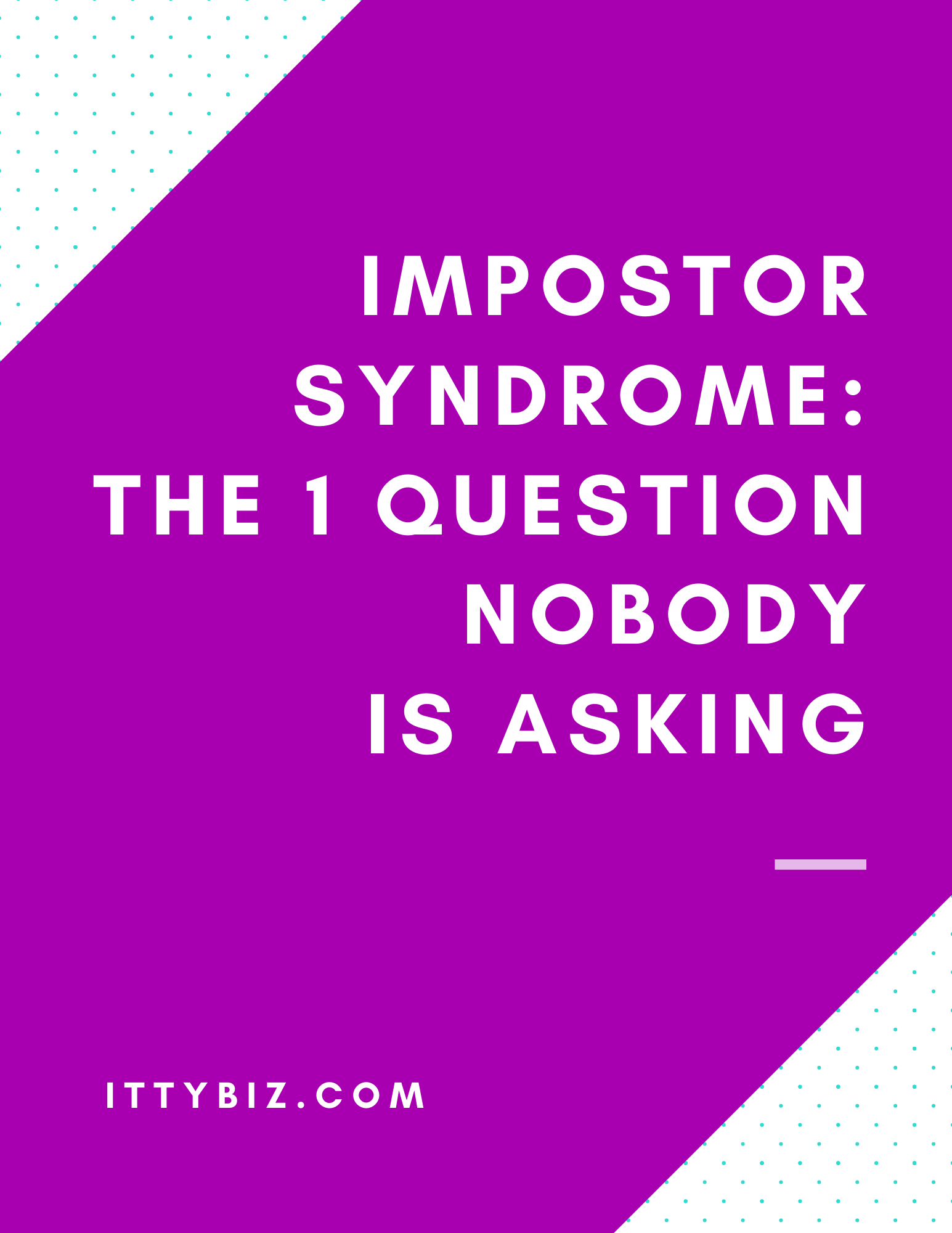The Science Behind Procrastination, Emotional Dependency, and Impostor Syndrome
The Science Behind Procrastination, Emotional Dependency, and Impostor Syndrome
Blog Article
In today's fast-paced world, many individuals struggle with mental and emotional challenges that affect their daily lives. Among these, procrastination, emotional dependency, and impostor syndrome stand out as common issues. What can you do to break free from these patterns?
In this guide, we will dive into the causes and solutions these three challenges. By understanding their impact and learning to manage them effectively, you can take control of your life.
Understanding Procrastination and Its Impact
Procrastination is the act of delaying tasks despite knowing their importance. It often stems from fear of failure, lack of motivation, or poor time management.

When procrastination takes over, can be far-reaching. To combat procrastination requires developing better habits and creating actionable plans. como ajudar alguem com dependencia emocional Consider techniques like the Pomodoro Technique or focusing on time-bound goals to stay on track.
What is Emotional Dependency?
Emotional dependency is a state where a person depends excessively on external relationships to fulfill their emotional needs. While human connection is essential, emotional dependency can become unhealthy when it leads to a lack of independence.

Symptoms often include a fear of rejection, difficulty making decisions independently, and constant seeking of external approval. Breaking free from this pattern, it’s crucial to build self-confidence and learn to validate yourself internally. Therapy, mindfulness practices, and journaling can provide significant support.
Recognizing and Managing Impostor Syndrome
Impostor syndrome is the persistent belief where individuals doubt their accomplishments despite evident success. Those affected often attribute their achievements to luck rather than skill or effort.

This mindset can lead to anxiety, self-doubt, and hesitation to pursue new opportunities. To overcome impostor syndrome involves reframing negative thoughts and acknowledging personal successes. Engaging in supportive discussions and embracing self-compassion can support personal growth.
How to Address These Challenges?
Here are some practical steps:
- Create a routine to combat procrastination and set achievable goals.
- Recognize triggers that contribute to your emotional reliance and foster personal resilience.
- Practice gratitude to counter impostor syndrome and seek professional guidance if needed.
Long-term improvement requires persistence, so keep practicing these methods to achieve lasting transformation.
Moving Forward from Mental Barriers
These challenges can feel overwhelming, but you can overcome them by taking deliberate action. By understanding their roots and applying effective techniques, you open the door to personal growth.
Take the first step by recognizing these patterns in your life and adopting simple, actionable strategies. Remember: progress is a journey, not a destination.
Report this page